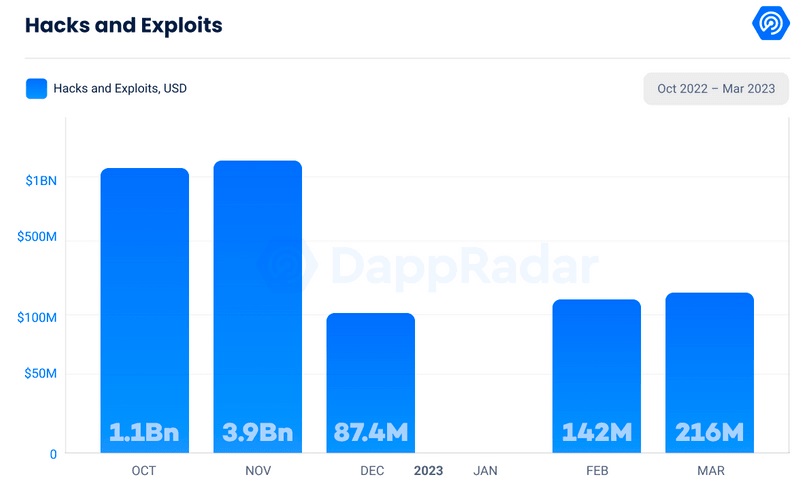2018-12-28 04:21 |
The Scams Of 2018: Crypto Thefts And Hacks That The Community Forgot
In a year that was plagued with hacking attempts, phishing, and malware attacks, it is hard to remember everything. The crypto industry had so many difficulties, but the writers at the Hard Fork decided to bring to light some of the scams that hit the industry that “you totally forgot about.”
The first scam brought to light involved two Bitcoin mining firms in Norrbotten, Sweden. These firms quickly exited the market when it started going down, leaving behind the electricity bills they owed on. One of the firms, NDGC, decided to declare bankruptcy, leaving $1.5 million in bills that they still have yet to pay for their electricity, despite maintaining their rent. The other firms, Chasqui Tech, did not pay their rent, but it also is not clear if they even mined Bitcoin while active.
In September, the next scam on the list happened – the hacking of over 700,000 sites. This hacking involved StatCounter, which is a service that allows websites to track their traffic by embedding a code into the existing webpage. The hackers managed to get access to the code, infecting websites by the thousands. Despite the widespread impact, the hackers only seemed to want to get access to Gate.io’s Bitcoin traders. The company that discovered the attack, ESET, found out that the hacked code did not actually do anything to anyone but the Gate.io traders.
The third scam that The Hard Fork addresses is one in October, which involved an investigation by both McAfee and Inskit. The two security experts published their joint work, which discovered a ransomware scheme within an alleged affiliate program. The scheme came from a “company” called Kraken Cryptor, which required users to pay up their Bitcoin to gain access to an anti-virus tool, which was actually malware. The installation would encrypt the system’s software before demanding a Bitcoin ransom to be paid for the rewards. So far, the identity of the creators has not been publicized, but there are multiple blocks in place within the malware to prevent it from attacking countries that used to be in the Soviet bloc.
Almost at the end of the list, The Hard Fork brings up a South Korean businessman who was duped with counterfeit bills to give up his Bitcoin. The scam happened in August, when the businessman was lured by a Serbian man and his wingman to the French Riviera. The businessman had to promise to send $2.3 million worth of Bitcoin with the understanding that the twosome would provide him with the equivalent amount in Euros. After the transaction happened, the businessman discovered that the euros were counterfeit, and the police ultimately captured the Serbian man. However, his partner in crime seems to still be out there.
The Hard Fork turned the attention to the ongoing Twitter scams to wrap up the list. All year long, Twitter managed to hack into the authenticated accounts of many major organizations and companies, like governments, television shows, and retailers. Even though the misleading promises of sweepstakes prizes and returns, the small posts eventually grew to falsely impersonating big crypto names, like Justin Sun of Tron and Vitalik Buterin of Ethereum.
As 2019 begins, it will be interesting to see what hackers think of next. However, this year has hopefully encouraged platforms to protect themselves with greater strictness, and potentially has taught investors how to avoid losing their own crypto assets.
Similar to Notcoin - Blum - Airdrops In 2024
Emerald Crypto (EMD) на Currencies.ru
|
|












